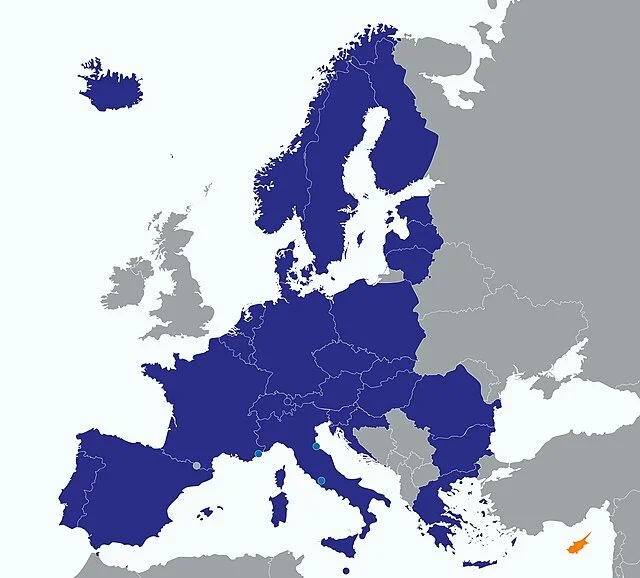EES Comes into Force, Threatening the UK’s International Freight Workers
After several postponements, the EU’s automated Entry/Exit System has begun its rollout this week.
Once fully implemented, the system will require all third-country individuals, including British freight workers, entering and exiting the EU to electronically scan their passports and have biometric data taken in the form of fingerprints and a face scan.
While the aim of this system is to ensure compliance with the EU’s 90-in-180-day visa free travel rule, EES is existential threat for many logistics businesses. RHA research has found 80% of UK road freight operators expect reduced EU activity with the rollout of EES. The median expected revenue loss is between 41–50%, and operators anticipate an average workforce reduction of 54% (62% drivers; 53% other employees).
It is for this reason that the APPG has repeatedly called for an exemption for British freight businesses operating in the EU. In the summer, we hosted a roundtable jointly with the Music APPG to highlight the looming issues faced by freight operators and touring musicians.
Rachel Taylor MP, Chair of the APPG for Freight and Logistics said:
“20% of my constituents work in freight and logistics and many of them work in small and medium enterprises that were already badly hit by a dodgy Brexit deal. I know that drivers and business owners are concerned about the rollout of the EES and what it will mean for them. Action needs to be taken now to protect the British businesses reliant on EU trade.”
“A professional drivers’ visa exemption will protect trade between the UK and EU, fostering prosperity for both. At a time of increased trading friction, it is imperative that we do not introduce more blocks or red tape to the movement of goods and allow British businesses to thrive and power the economic growth Britain needs.”
